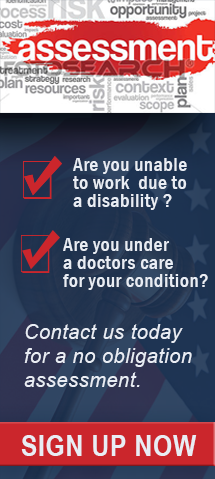Social Security Disability for Heart Disease
If you are suffering from a form of heart disease, you may qualify for Social Security Disability benefits. Cardiovascular disease is listed under Section 4 of the Blue Book Listing of Impairments and includes subcategories which list specific conditions the SSA recognizes as potentially disabling. Each condition lists the specific symptoms required to qualify as a disability. Here is a brief summary of the cardiovascular diseases listed in the Blue Book:
- Chronic heart failure — occurs when the heart is unable to supply enough blood to the body because it has become weakened due to heart attacks or defects, faulty functioning of the heart’s ventricles, or high blood pressure. It often leads to severe fluid retention, known as congestive heart failure.
- Ischemic heart disease — occurs when the heart muscle is unable to get a sufficient blood supply; its usual cause is coronary heart disease.
- Recurrent arrhythmias — abnormal heart rates, either too fast or slow, which may cause fainting or cardiac arrest.
- Symptomatic congenital heart disease – birth defects in the heart which cause malfunctions.
- Heart transplant – heart replacement due to heart disease which qualifies as a disability up to 1 year.
- Aneurism of aorta or branches – swelling in the major arteries of the heart due to heart disease.
- Chronic venous insufficiency – circulation problem due to damaged veins, usually in the legs.
- Peripheral arterial disease – impaired function of outlying arteries.
If you have been severely affected by heart disease in the form of these conditions, you may qualify for disability benefits.

